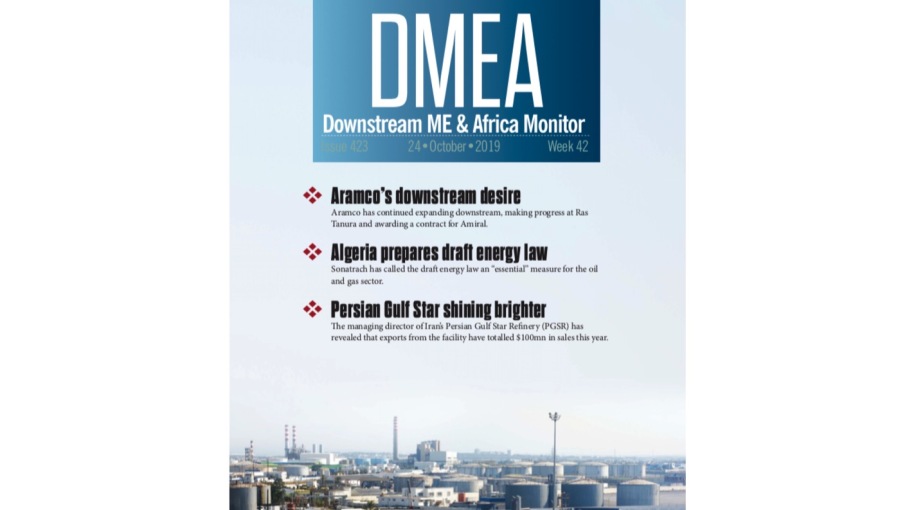DMEA: Dangote to the rescue

The refinery currently being built by Nigeria’s Dangote Group has once again been hailed as a potential saviour for Nigeria. This time, the governor of the country’s Central Bank has said that once it comes into production the 650,000 barrel per day (bpd) facility will sell products in naira, saving the government from spending around 41% of its foreign exchange on petroleum product imports. With this in mind, there is optimism that Nigeria will be able to ease the economic strain caused by fuel subsidies. Separately, Dangote Group has said that a provision of the long-awaited and often-delayed Petroleum Industries Bill (PIB) should be that a refining licence should be a prerequisite for importers of fuel. At present, none of Nigeria’s four state-owned refineries are operational, and NNPC is planning a long-overdue maintenance programme.
The story is quite different in Iran, with refining capacity this week reported as not having dropped below 2mn bpd despite the impact of the pandemic. Tehran has invested heavily in expanding the downstream sector in recent years as a means to shelter the economy from sanctions and has succeeded in increasing throughput capacity by around 450,000 bpd since 2017. This week, an EPC contract was awarded to a local engineering firm to upgrade and expand gasoline production capabilities at the Tehran refinery. The 220,000 bpd facility was one of eight covered by a multi-billion-dollar refining overhaul and expansion plan announced five years ago.
Meanwhile, the Islamic Republic’s gas network has also continued to benefit from state investment, with Oil Minister Bijan Zanganeh reporting to President Hassan Rouhani that more than 95% of Iranians now have access to natural gas via the extensive network of pipelines connecting population centres throughout the country with gas production mainly along the southern coast.


Follow us online